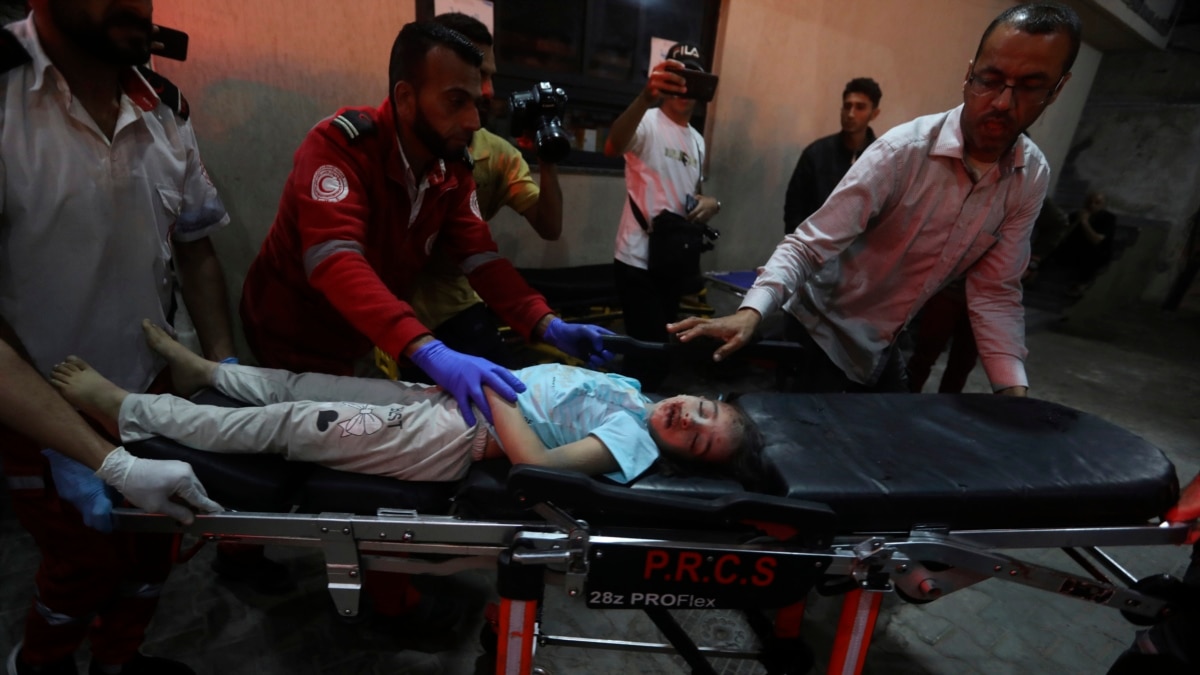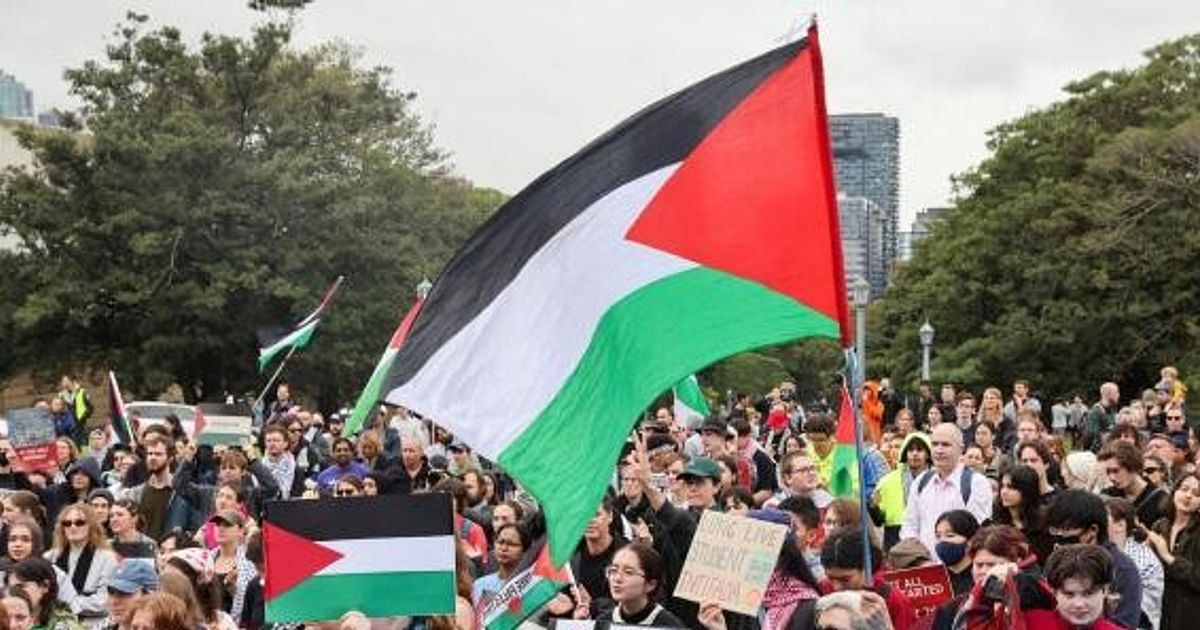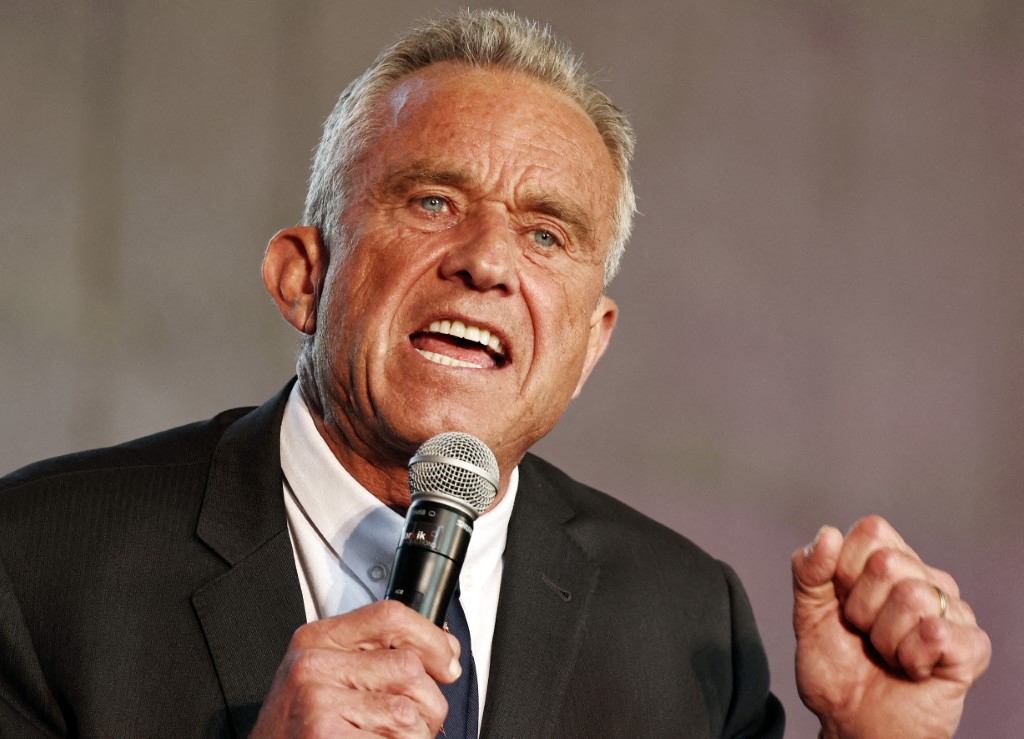Escalation in Gaza and International Response
Recent airstrikes in Gaza have triggered a humanitarian crisis, prompting international calls for restraint and urgent aid.
Published April 24, 2024 - 21:04pm

Image recovered from voaportugues.com
In a series of recent events, the Gaza Strip has been the focal point of escalating violence, resulting in significant loss of life and a growing humanitarian crisis. Israeli airstrikes in the densely-populated city of Rafah have claimed the lives of many, including children, igniting widespread international concern. U.S. Secretary of State Antony Blinken, during a G7 meeting in Italy, emphasized the Biden administration's stance against a major military operation in Rafah, highlighting the potential 'terrible consequences' for civilians, many of whom are displaced from other parts of Gaza.
Additional reports reveal a grim tally of casualties due to the ongoing Israeli offensive in the Gaza Strip. Notably, the city of Rafah has been subject to intense bombardment, exacerbating the strife in the already embattled enclave. As the hostilities continue, both regional and global actors have expressed the urgency of addressing the immediate needs of the Palestinian people affected by the conflict.
Amidst these developments, President Joe Biden has mandated the prompt delivery of humanitarian assistance to Gaza, stressing the importance for Israel to allow the aid to reach its intended recipients without delay. His call for an immediate surge of relief, including essentials such as food, medicine, and clean water, follows the U.S. Senate and House of Representatives' approval of a bill providing assistance to both Israel and the Gaza Strip. President Biden's proposal indicates a nuanced approach, acknowledging the simultaneous need to support Israel while also alleviating the suffering of civilians in Gaza as a result of Hamas's actions.
The complex geopolitical dynamics of the Middle East are once again at the forefront, as the international community grapples with the ramifications of the hostilities in Gaza and the broader Israeli-Palestinian conflict. While diplomatic efforts to mitigate the crisis continue, the immediate focus remains on preventing further loss of life and ensuring that vital humanitarian aid reaches those in desperate need within the Gaza Strip.
The widespread destruction and humanitarian crisis in the Gaza Strip have drawn extensive attention from various international organizations and countries. The United Nations, for one, has urged for an immediate ceasefire, warning that the number of deaths, injuries, and the scale of the infrastructure damage is increasing the humanitarian burden in the region. The Office for the Coordination of Humanitarian Affairs (OCHA) has reported substantial damage to schools, hospitals, and other public infrastructure vital for civilian life in Gaza.
Human rights groups have condemned the recent violence, calling for all parties to respect international law, including the principles of distinction and proportionality in the conduct of hostilities. There have been growing calls for investigations into potential human rights violations. Furthermore, activists around the world have taken to the streets to protest against the airstrikes, lending their voice in support of the people of Gaza.
Egypt and Qatar, longstanding regional interlocutors in Israeli-Palestinian tensions, have been involved in discussions aimed at de-escalation. Egypt has opened its border with Gaza at Rafah to allow the passage of wounded Palestinians for medical treatment and to deliver humanitarian aid. In addition, Qatar has pledged financial assistance for relief efforts and the reconstruction of damaged structures in the Gaza Strip, calling for a unified Arab stance to address the crisis.
On the ground, local NGOs and international aid agencies are gearing up for a prolonged relief effort. Teams are being mobilized despite the challenges of movement within the conflict-riddled areas. These organizations are not only focusing on immediate relief but also on long-term support for Gaza's population, which will likely face psychological trauma and economic hardships long after the ceasefire is eventually established.
Amidst the devastation, the resilience of the Gazan population emerges in stories of communities banding together to provide mutual support, even as they endure the ongoing bombardment. Local initiatives are underway to assist neighbours, with many civilians taking part in makeshift efforts to clear rubble and provide basic necessities for those most affected.
The international community's role, while pivotal, has been viewed with a mix of hope and skepticism. Prior ceasefires have often been temporary, leading to concerns that without a significant change in approach, the cycle of violence will continue. As such, many are calling for a renewed focus on the underlying issues that pose barriers to lasting peace, including the blockade of Gaza, settlement expansion, and the status of Jerusalem.
The loss of life and destitution resulting from the latest surge in violence once again highlight the dire need for a permanent resolution to the Israeli-Palestinian conflict. As hostilities hopefully abate, the road to recovery and peace remains fraught with challenges that only persistent and committed international diplomatic efforts can help to overcome.






